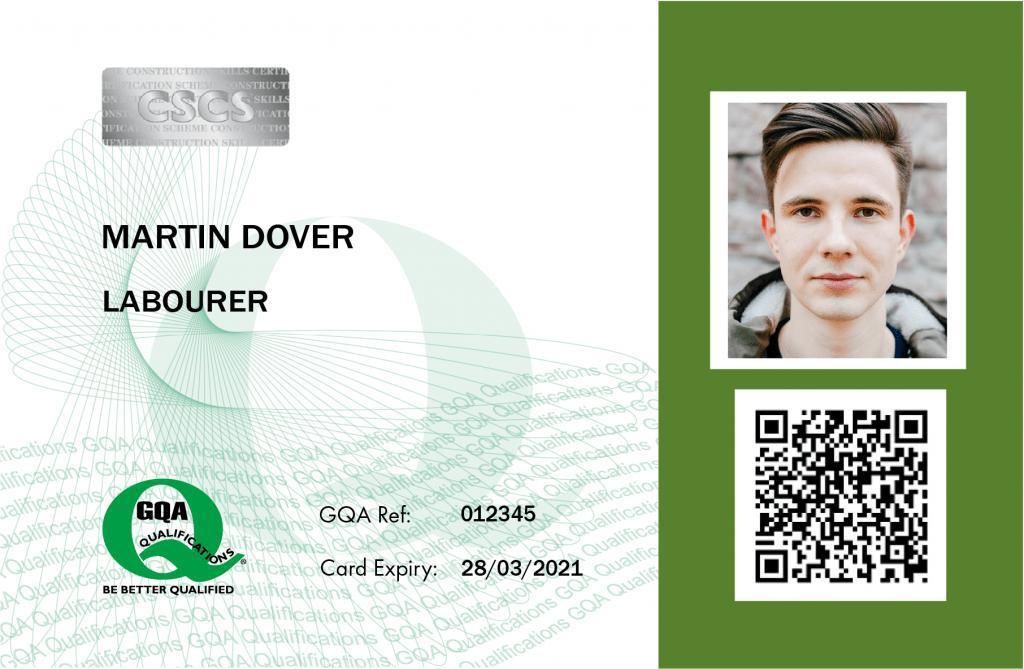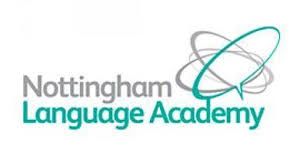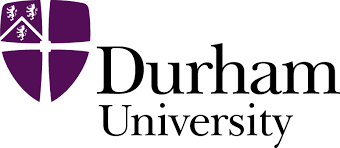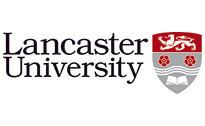
Engineering, Procurement and Construction Management (EPCM) Design–Build Contracts
Course ID: 2508044501162EGI
Course Dates : 04/08/25 Course Duration : 5 Studying Day/s Course Location: Istanbul, Turkey
Language: Bilingual
Course Category: Professional and CPD Training Programs
Course Subcategories: Leadership and Management Excellence
Course Certified By: * Projacs Academy
* Professional Training and CPD Programs
Certification Will Be Issued From :
KSA
Course Fees: £3,424.06
Vat Not Included in the price. VAT may vary depending on the country where the course or workshop is held.
Click to Pay
Date has passed please contact us Sales@e-s-hub.com
Course Information
Introduction
The field of Engineering, Procurement, and Construction Management (EPCM) represents a cornerstone of modern infrastructure development, encompassing the planning, design, procurement, and execution phases of complex projects. As industries increasingly demand efficiency, cost-effectiveness, and sustainability in project delivery, EPCM Design–Build contracts have emerged as a preferred model for integrating these functions under a unified framework. This approach not only streamlines workflows but also fosters collaboration among stakeholders, ensuring alignment with project goals from inception to completion. For professionals operating in sectors such as energy, transportation, mining, and urban development, mastering the intricacies of EPCM is no longer optional but essential.
Despite its growing adoption, the EPCM Design–Build model presents unique challenges that often hinder successful implementation. Miscommunication between engineering teams and contractors, inadequate risk management strategies, and insufficient understanding of contractual obligations are common pitfalls. These issues are compounded by the dynamic nature of regulatory frameworks and technological advancements, which require practitioners to stay abreast of evolving standards. The course addresses these gaps by equipping participants with a comprehensive understanding of EPCM principles, tools, and best practices, enabling them to navigate complexities with confidence.
One notable example of the importance of effective EPCM management is the construction of the Gotthard Base Tunnel in Switzerland, one of the world’s longest railway tunnels. The project’s success hinged on meticulous coordination between engineers, suppliers, and construction teams, underscoring the critical role of integrated project management. Similarly, large-scale renewable energy projects, such as offshore wind farms, rely heavily on EPCM methodologies to meet stringent timelines and budget constraints. By examining real-world case studies like these, participants will gain insights into how theoretical concepts translate into practical solutions.
Theoretical frameworks such as the Project Management Body of Knowledge (PMBOK) and Lean Construction principles further reinforce the relevance of EPCM in contemporary practice. PMBOK emphasizes process standardization and stakeholder engagement, while Lean Construction focuses on waste reduction and value maximization—both of which align seamlessly with the objectives of EPCM Design–Build contracts. By grounding the course content in these established paradigms, participants will develop a robust foundation for addressing industry-specific challenges.
For organizations, investing in EPCM expertise yields significant returns. Improved project outcomes, reduced rework, and enhanced client satisfaction are just a few of the tangible benefits. On an individual level, professionals who master EPCM principles position themselves as indispensable assets within their organizations, capable of driving innovation and operational excellence. Furthermore, the interdisciplinary nature of EPCM fosters cross-functional collaboration, breaking down silos and promoting a culture of shared accountability.
This course is designed to bridge the gap between theory and practice, offering participants the tools they need to excel in an increasingly competitive landscape. Whether you are a seasoned practitioner seeking to refine your skills or a newcomer eager to enter the field, this program provides a structured pathway to success. Through interactive sessions, hands-on exercises, and expert-led discussions, participants will emerge equipped to tackle the multifaceted demands of EPCM Design–Build contracts with precision and professionalism.
Objectives
By attending this course, participants will be able to:
Analyze the fundamental principles of EPCM Design–Build contracts and their application across diverse industries.
Evaluate risk management strategies to mitigate potential challenges in EPCM projects.
Design comprehensive procurement plans that align with project timelines, budgets, and quality standards.
Implement advanced project management techniques to optimize resource allocation and workflow efficiency.
Apply compliance frameworks and regulatory requirements to ensure adherence to legal and ethical standards.
Who Should Attend?
This course is ideal for:
Project managers, engineers, and procurement specialists involved in large-scale infrastructure projects.
Contract administrators and legal advisors responsible for drafting and managing EPCM agreements.
Consultants and technical experts seeking to deepen their understanding of integrated project delivery models.
Training Method
• Pre-assessment
• Live group instruction
• Use of real-world examples, case studies and exercises
• Interactive participation and discussion
• Power point presentation, LCD and flip chart
• Group activities and tests
• Each participant receives a 7” Tablet containing a copy of the presentation, slides and handouts
• Post-assessment
Program Support
This program is supported by:
* Interactive discussions
* Role-play
* Case studies and highlight the techniques available to the participants.
Daily Agenda
The course agenda will be as follows:
• Technical Session 08.30-10.00 am
• Coffee Break 10.00-10.15 am
• Technical Session 10.15-12.15 noon
• Coffee Break 12.15-12.45 pm
• Technical Session 12.45-02.30 pm
• Course Ends 02.30 pm
Course Outlines
Foundations of EPCM Design–Build Contracts
Overview of EPCM principles and their evolution in the global market.
Key differences between traditional contracting methods and EPCM Design–Build.
Role of stakeholders in EPCM projects: responsibilities and expectations.
Introduction to project lifecycle management in EPCM contexts.
Day 2:
Risk Management and Mitigation Strategies
Identification and assessment of risks in EPCM projects.
Development of contingency plans and risk mitigation frameworks.
Case study analysis: Lessons learned from high-profile EPCM failures.
Tools and software for risk monitoring and reporting.
Day 3:
Procurement Planning and Execution
Strategic sourcing and supplier selection processes.
Negotiation techniques for securing favorable contract terms.
Integration of sustainability and ethical considerations in procurement.
Monitoring and evaluation of supplier performance.
Day 4:
Advanced Project Management Techniques
Application of Lean Construction principles in EPCM projects.
Resource optimization and scheduling methodologies.
Use of digital tools (e.g., BIM, ERP systems) for project tracking.
Performance metrics and KPIs for measuring project success.
Day 5:
Compliance and Regulatory Requirements
Overview of international standards and legal frameworks governing EPCM.
Ensuring compliance with environmental and safety regulations.
Dispute resolution mechanisms in EPCM contracts.
Future trends and innovations shaping the EPCM landscape.



















































